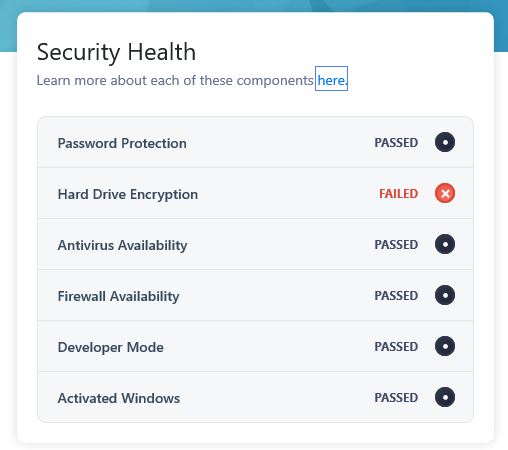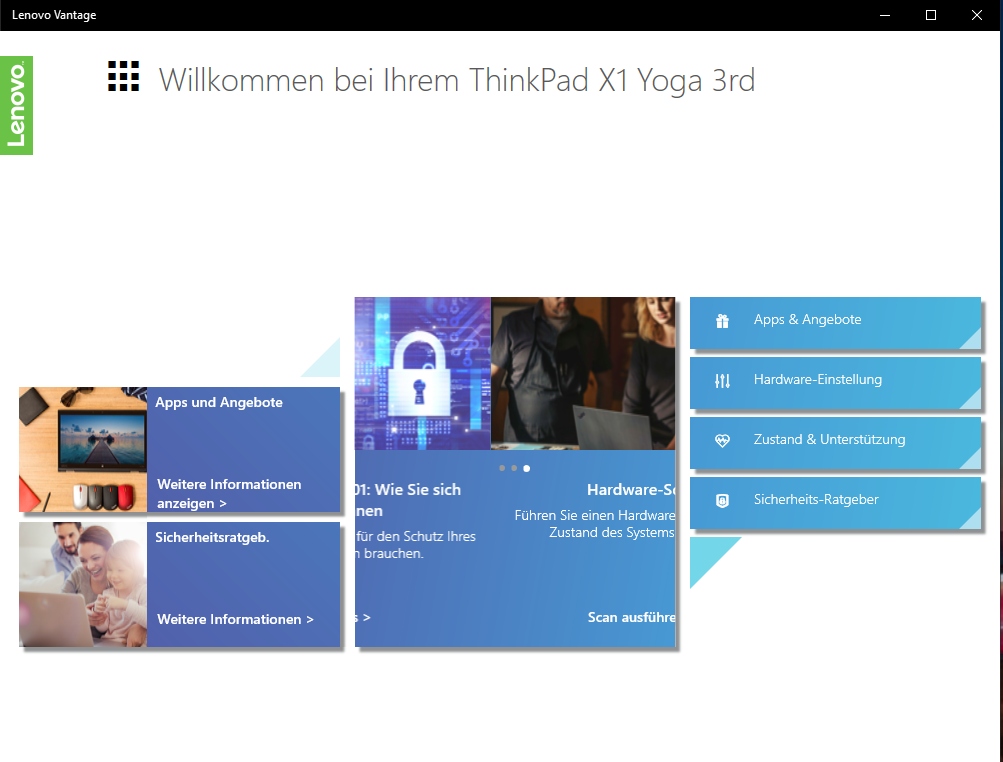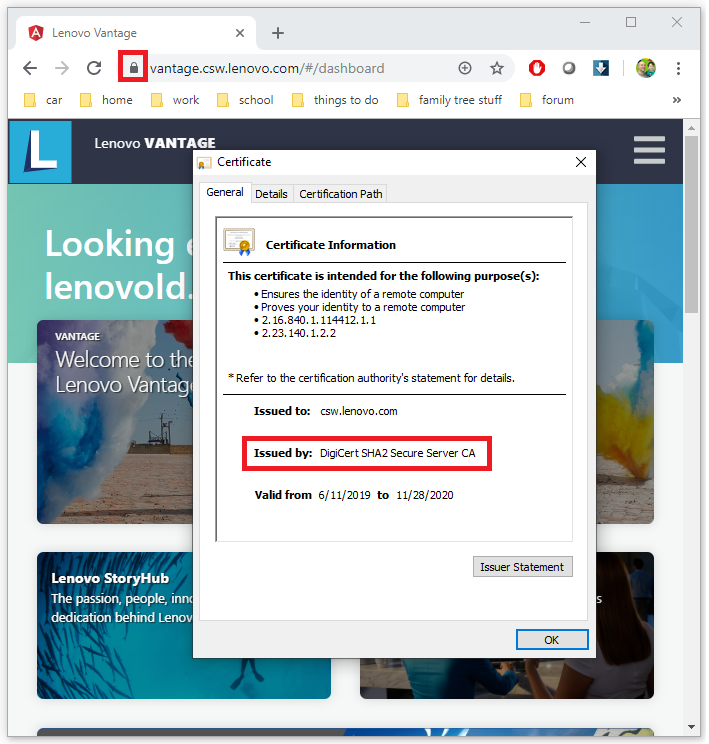

- #LENOVO VANTAGE NOT UPDATING INSTALL#
- #LENOVO VANTAGE NOT UPDATING SERIAL#
- #LENOVO VANTAGE NOT UPDATING DRIVERS#
- #LENOVO VANTAGE NOT UPDATING UPDATE#
- #LENOVO VANTAGE NOT UPDATING FULL#
SMM, System Management Mode, is used for various tasks, including the secure updating of a device's firmware or the execution of proprietary code by OEMs.ĮSET notes that any Windows administrator, with the SE_SYSTEM_ENVIRONMENT_NAME privilege, may exploit the vulnerability using the "Windows API function SetFirmwareEnvironmentVariable".

The attacked system allows SPI flash to be modified, even when executed from non-SMM code, resulting in attackers being able to write malicious code directly to the firmware storage. With the variable set, the platform's firmware will skip the execution of code that is "responsible for the setting up BIOS Control Register and Protected Range register-based SPI flash protections". Successful exploitation disables SPI flash write protections.

The primary line of defense is "provided by the special memory-mapped configuration registers exposed by the chipset itself – the BIOS Control Register and five Protected Range registers".ĬVE-2021-3971 may be exploited by creating the NVRAM variable. Manufacturers created several security mechanisms to protect the SPI flash against unauthorized modifications. Malwares such as LOJAX, the first UEFI rootkit found in the wild, MosaicRegressor, or MoonBounce, targeted the memory in attacks. Since it is non-volatile, it is a high-level target for threat actors.
#LENOVO VANTAGE NOT UPDATING INSTALL#
An administrator could erase a device's hard drive, install another operating system, and the memory would not be changed by the procure. The memory is independent of the operating system, which means that it remains even if the operating system is reinstalled or another system is installed.
#LENOVO VANTAGE NOT UPDATING SERIAL#
It is connected to the processor via the Serial Peripheral Interface (SPI). UEFI firmware is usually stored on the in an embedded flash memory chip on the computer's motherboard. The vulnerability CVE-2021-3971 can be exploited to disable SPI protections on Lenovo devices. Lenovo published the security advisory on April 18 and ESET its findings and details a day later. Lenovo confirmed the vulnerabilities in November 2021 and requested a postponing of the public disclosure date to April 2022. Security company ESET reported the vulnerabilities to Lenovo in October 2021. Analysis of the vulnerabilities in Lenovo notebooks
#LENOVO VANTAGE NOT UPDATING UPDATE#
A readme file is available for each firmware file, that provides instructions on installing the update on the device.Ĭustomers may also visit the main Lenovo support website to look up updates for their devices this way. The updates can be installed directly from the Windows operating system by running the downloaded executable file. The support page, that lists the vulnerabilities, lists the firmware versions that contain the security fixes. There, they need to select BIOS/UEFI to display the available firmware updates to download the update.
#LENOVO VANTAGE NOT UPDATING DRIVERS#
Updated firmware drivers are provided by Lenovo customers need to click on the device's support link on the Lenovo website to open the driver website. Some devices are not affected by all three of the vulnerabilities, but most are affected by all three of the confirmed vulnerabilities. Devices that have reached end of servicing won't receive firmware updates. For others, it aims to deliver firmware updates on May 10, 2022. Lenovo released updated firmware versions for some of the affected products.
#LENOVO VANTAGE NOT UPDATING FULL#
The full list of affected devices is available on the Lenovo support website.

The vulnerabilities affect several Lenovo device families, including Lenovo IdeaPad 3, Flex 3, 元40, Legion 5 and 7, Legion Y540, S14, S145, S540, Slim 7 and 9, V14 and V15, and Yoga Slim 7 devices. It appears that Lenovo did not deactivate these properly in production devices. Lenovo reveals on the website that several of its notebook devices are affected by three different vulnerabilities - CVE-2021-3970, CVE-2021-3971, and CVE-2021-3972 - that could allow attackers with elevated privileges to execute arbitrary code or disable SPI flash protections during the operating system runtime.ĮSET, the security company that discovered the vulnerabilities and reported them to Lenovo, discovered that two of the vulnerabilities affect UEFI firmware drivers that were meant only for use in the manufacturing process.


 0 kommentar(er)
0 kommentar(er)
